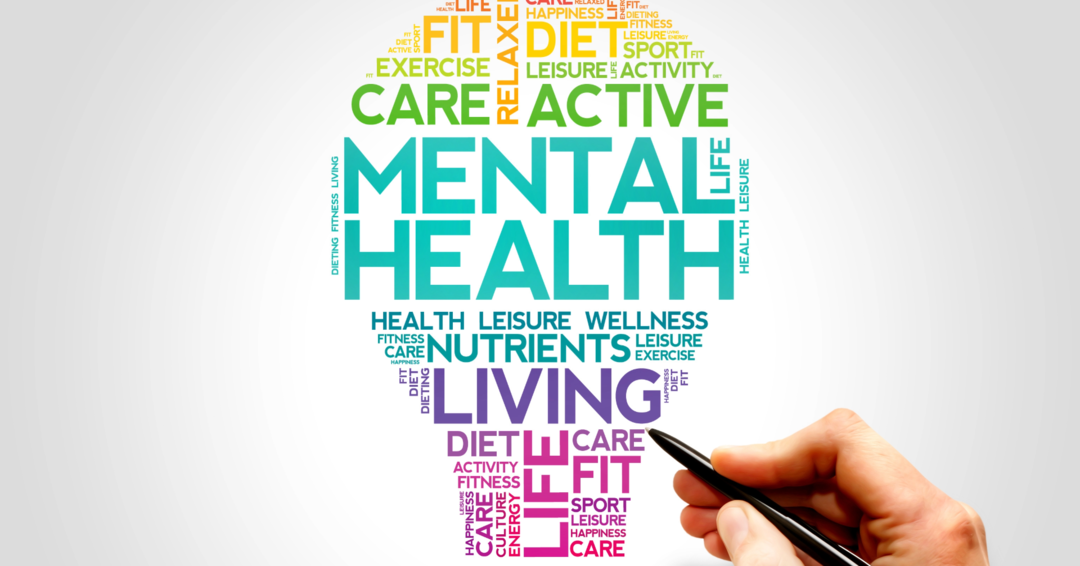Balancing Stress Hormones Naturally: A Path to Emotional Stability
Stress hormones hijack your peace more than you realise. They don’t just stir anxiety; they shake the very foundation of emotional stability you’re fighting to rebuild. Managing these hormones naturally isn’t a luxury—it’s a crucial step on your path through addiction recovery. Let’s explore how the Empowerment Pathway offers clear, practical tools to steady your mind and body for lasting calm. For more insights, you can read how to manage stress and lower cortisol naturally.
Understanding Stress Hormones

To regain your peace, it’s crucial to understand the hormones at play. These hormones act as messengers, but when they’re out of balance, they can disrupt your emotional stability.
The Role of Cortisol
Cortisol is often called the “stress hormone.” It’s your body’s alarm system, kicking in when you’re under pressure. In small amounts, it’s helpful. But when cortisol levels stay high, it can lead to increased belly fat and muscle loss, and it even impacts your sleep cycle. Imagine trying to calm a storm. That’s what high cortisol feels like in your body. Reducing cortisol isn’t just about feeling relaxed; it’s about taming that internal storm and restoring your body’s balance. For more on cortisol control, explore ways to lower cortisol levels.
Adrenaline and Its Impact
Adrenaline, another stress hormone, prepares your body for “fight or flight.” It gives you a quick burst of energy, which is great if you’re in danger, but harmful if constant. Imagine your engine revving non-stop—it’ll wear out faster. That’s what happens to your body when adrenaline is always high. It can lead to anxiety and restlessness. Learning to manage adrenaline means giving your body the chance to relax, repair, and restore.
Balancing Hormones Naturally
Balancing these hormones naturally allows you to reclaim control over your emotions. Simple practices like regular exercise and deep breathing can be powerful tools. They help ease the pressure and bring a sense of calm. You’re not just reducing stress; you’re building a foundation for emotional resilience. For practical tips, check out these ways to reduce stress and feel great.
Techniques for Emotional Stability

Once you understand stress hormones, it’s time to explore techniques that enhance your emotional stability. This isn’t just about feeling better—it’s about forming habits that anchor your recovery journey.
Mindfulness Practices
Mindfulness is your secret weapon against stress. By focusing on the present moment, you can reduce anxiety and regain control. Start with just five minutes a day. Sit quietly, close your eyes, and pay attention to your breath. It’s about noticing, not judging. As you practice, you’ll find your mind becomes clearer, and decision-making gets easier. Mindfulness isn’t just a practice—it’s a pathway to peace.
The Power of Routine
Routine creates structure, which can be a lifeline during recovery. It anchors your day, providing predictability and reducing stress. Try setting a simple morning routine: wake up, hydrate, stretch, and spend five minutes reflecting. This small step can set a positive tone for your entire day. Remember, routine isn’t restrictive—it’s empowering. It builds a framework for your healing journey.
Nutrition and Stress Management
What you eat affects how you feel. Think of your body as a machine; it needs the right fuel to run smoothly. Foods rich in omega-3s, like salmon and flaxseeds, help lower stress hormones. Swap processed snacks for nuts and berries. These small changes can make a big difference. Nutrition is not just about feeding your body—it’s about nurturing your mind, too. For more tips, explore how to manage stress through nutrition.
The Empowerment Pathway

Your journey to emotional stability is personal, and the Empowerment Pathway is designed to guide you every step of the way. It’s more than a method—it’s a support system.
Support for Addiction Recovery
Empowerment offers a structured framework that meets you where you are. From early sobriety to long-term recovery, it provides a map for rebuilding your life. Imagine having a coach who understands your struggles and guides you with empathy and experience. This pathway isn’t just about overcoming addiction—it’s about discovering your potential and purpose.
Tools for Natural Stress Management
Within the Empowerment Pathway, you’ll find tools that help you manage stress naturally. Techniques like guided meditation, breathing exercises, and journaling are integrated into each phase. These aren’t just coping mechanisms—they’re life skills that build resilience and strength. You’re not just surviving; you’re thriving.
Building Emotional Resilience
The final goal is to build lasting emotional resilience. This means facing stress with confidence and turning challenges into opportunities for growth. The Empowerment Pathway helps you develop the skills to handle life’s ups and downs with grace. You’re not alone on this journey. With the right support, you can rebuild your trust in yourself and move from recovery to renewal.
By understanding and managing your stress hormones, you can regain your emotional stability and build a fulfilling life post-recovery. This isn’t just a possibility—it’s a promise.


